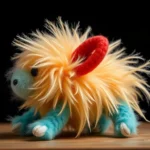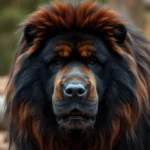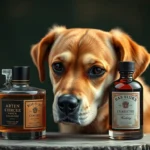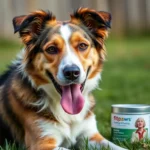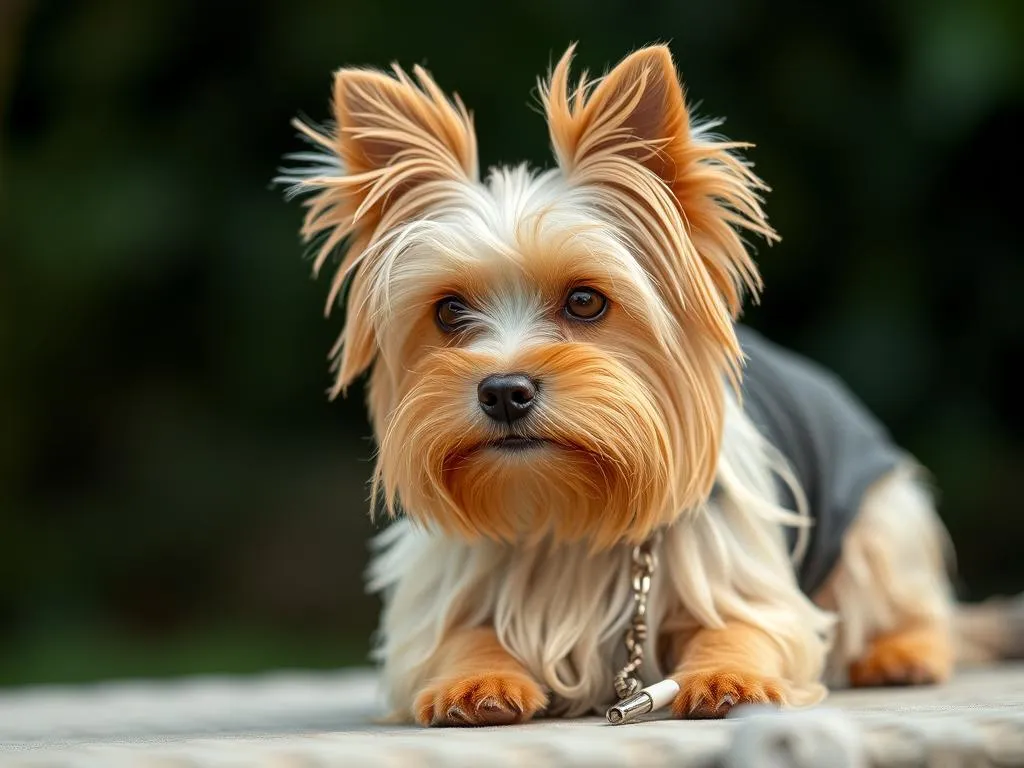
Yorkshire Terriers, affectionately known as Yorkies, are one of the most beloved toy breeds around the world. Originating from England in the 19th century, these small yet spirited dogs were initially bred to catch rats in textile mills and mines. Their charming personalities, stunning coats, and affectionate nature have contributed to their popularity as companion animals. Understanding the types of Yorkie dog breeds is essential for anyone considering welcoming one of these delightful dogs into their home.
Understanding Yorkshire Terriers
General Characteristics
Yorkies are small dogs, typically weighing between 4 to 7 pounds, with a height of about 7 to 8 inches at the shoulder. Their long, silky coats come in a beautiful blue and tan combination, which requires regular grooming to maintain its luster. Personality-wise, Yorkies are known for being feisty, intelligent, and loyal, often displaying a larger-than-life attitude despite their small size.
Health Considerations
While generally healthy, Yorkies are prone to certain health issues, including dental problems, patellar luxation, and hip dysplasia. Regular vet check-ups are crucial for early detection and management of potential health concerns. On average, Yorkies have a lifespan of 12 to 15 years, making them a long-term commitment for potential owners.
Types of Yorkie Dog Breeds
Standard Yorkshire Terrier
The Standard Yorkshire Terrier is the original breed standard, typically weighing between 4 to 7 pounds. They have a long, luxurious coat that requires daily grooming to prevent matting. Standard Yorkies are known for their spirited nature and make excellent companions. They thrive on companionship and can be quite affectionate, often forming strong bonds with their owners.
Teacup Yorkshire Terrier
The Teacup Yorkshire Terrier is a miniature version of the standard breed, usually weighing under 4 pounds. This size makes them incredibly portable, but it also means they come with unique care requirements. Teacup Yorkies are delicate and require careful handling. Their small size can lead to health issues such as hypoglycemia and heart problems. While they can be adorable companions, potential owners should weigh the pros and cons, as they often require more attention and specialized care.
Toy Yorkshire Terrier
The Toy Yorkshire Terrier stands between the standard and the teacup varieties, generally weighing around 4 to 6 pounds. Like their standard counterparts, Toy Yorkies are lively and affectionate. They share many personality traits with the standard breed but may be slightly more active due to their smaller size. Health-wise, they can be vulnerable to similar issues, including dental concerns and luxating patellas.
Parti Yorkshire Terrier
The Parti Yorkshire Terrier is a variation that features a distinct color pattern, characterized by a white coat with colored patches. These colors can range from black, chocolate, or gold. While they maintain the same charming personality traits as traditional Yorkies, their unique coloring sets them apart. Parti Yorkies are often just as playful and affectionate, making them a favorite among those looking for a slightly different aesthetic.
Biewer Terrier
The Biewer Terrier is sometimes considered a separate breed from the Yorkshire Terrier, originating in Germany. This breed is recognized for its tri-color coat, which typically includes white, black, and gold. Biewers are friendly, playful, and known for their affectionate disposition. Although they may look like a Yorkie, their distinct coloring and lineage separate them from the traditional Yorkshire Terrier. They have gained recognition from several breed organizations, further solidifying their unique status.
Choosing the Right Yorkie for Your Lifestyle
Assessing Your Living Situation
When selecting a Yorkie, consider your living situation. Standard and Toy Yorkies adapt well to apartment living, provided they receive regular exercise. In contrast, Teacup Yorkies may require even more careful consideration regarding space and safety due to their fragile nature. If you live in a house with a yard, all types of Yorkies can flourish, but keep in mind the need for secure fencing to prevent escapes.
Family Compatibility
Yorkies are known to be good with children, although their small size makes them vulnerable to rough play. Teaching children how to handle a Yorkie gently is essential. Additionally, Yorkies can coexist with other pets, but early socialization is crucial to ensure harmonious relationships. A well-socialized Yorkie can make a delightful addition to a family with multiple pets.
Grooming and Maintenance Needs
Grooming needs vary among the types of Yorkie dog breeds. Standard and Toy Yorkies require regular brushing to prevent matting and maintain their beautiful coats. Teacup Yorkies may need more frequent grooming due to their delicate skin and smaller size. Consider the time and cost involved in grooming when choosing the right Yorkie for your lifestyle.
Tips for Caring for Your Yorkie
Nutrition and Diet
Feeding your Yorkie a balanced diet is crucial for their overall health. High-quality dog food formulated for small breeds is ideal. Portion control is important to prevent obesity, especially in smaller Yorkies. It’s wise to consult with your veterinarian to determine the best feeding schedule and diet for your specific Yorkie type.
Training and Socialization
Early training and socialization are vital for Yorkies. These intelligent dogs can learn quickly, but they also have a stubborn streak. Positive reinforcement techniques, such as treats and praise, work best. Expose your Yorkie to various environments, people, and other animals to ensure they grow up to be well-adjusted adults.
Health and Wellness
Regular vet visits are essential for maintaining your Yorkie’s health. Vaccinations, dental care, and preventive treatments for parasites are crucial aspects of their wellness routine. At-home care, such as regular brushing and monitoring their diet, can significantly contribute to their overall health.
Conclusion
The types of Yorkie dog breeds offer a variety of choices for potential dog owners, each with unique traits and care requirements. Whether you opt for a Standard, Teacup, Toy, Parti, or Biewer Yorkshire Terrier, understanding their specific needs will help you make informed decisions. As you consider bringing a Yorkie into your home, think about your lifestyle and how a Yorkie will fit into it. These charming little dogs can provide years of love and companionship, making them a wonderful addition to any family.
